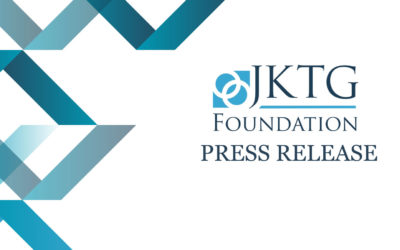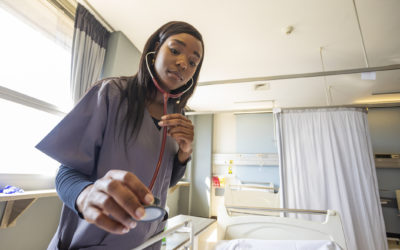The Jayne Koskinas Ted Giovanis Foundation for Health and Policy (JKTG Foundation) awarded initial funding to Paul Macklin, a mathematician and associate professor of Intelligent Systems Engineering at Indiana University, to support rapid, community-driven development of a SARS-COV-2 tissue simulator.
With COVID-19 vaccine months away, this collaborative project will help identify pharmacologic interventions that can disrupt and slow the disease in patients while improving their immune responses and minimizing harmful damage.
“Paul’s work underscores the importance of collaboration to achieve timely solutions that can help patients today and in the future,” said Ted Giovanis, founder and president of the JKTG Foundation. “The Foundation is pleased to support research that breaks down silos across scientific disciplines and geographic boundaries to achieve better health for us all.”
Macklin, working with an international coalition of mathematical biologists, virologists, pharmacologists, computer scientists, and others from academia, industry, and national laboratories, is developing a multiscale model of SARS- CoV-2 dynamics in human lung and other tissues.
The entire model will be shared freely as open source. While the models will target the current COVID-19 crisis, they will help prepare for future health threats by creating an international and publicly available software resource and community with access to models that can be adapted to other RNA and DNA viruses.
This project builds on Macklin’s PhysiCell simulation software which the JKTG Foundation funded. PhysiCell is a highly adaptable, performance-focused simulation framework for multicellular systems biology.
The free, web-based work enables researchers around the world to understand how cells interact, communicate and coordinate and was awarded the Public Impact 2019 PLOS Computational Biology Research Prize.
Featured news
Applying nanoparticles and the immune system to fight cancer
JKTG-funded research, Iron oxide nanoparticles inhibit tumor progression and suppress lung metastases in mouse models of breast cancer, appears in the journal ACS Nano and features a collaboration between researchers at Johns Hopkins University School of Medicine and the Hormel Institute at the University of Minnesota.
Ted’s Take: It’s about the money
Money is what seems to drive things and money is what seems to drive organizations too. They all start with an overriding moral goal but after a while things often turn toward more money.
Ted’s Take: The best patient advocate? You.
When you’re a patient, you are kind of vulnerable. You have a problem, are often sketchy about what it is and the potential treatment or therapy needed. The bigger the problem, the more vulnerable you are. This makes you a perfect advocate.

Jayne Koskinas Ted Giovanis
Foundation for Health and Policy
PO Box 130
Highland, Maryland 20777
Media contact: 202.548.0133


